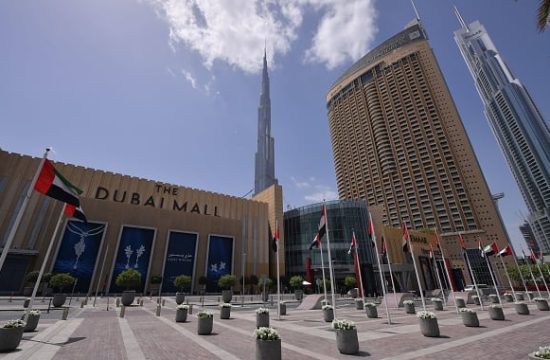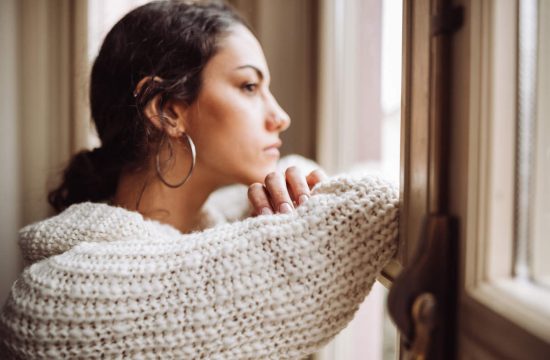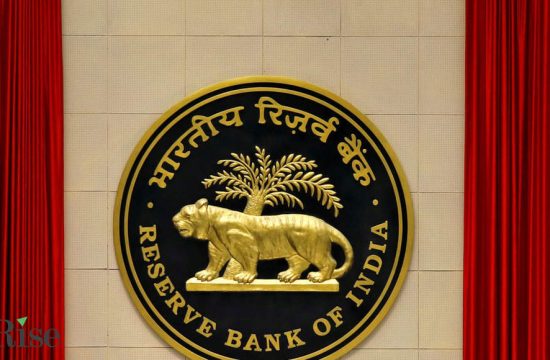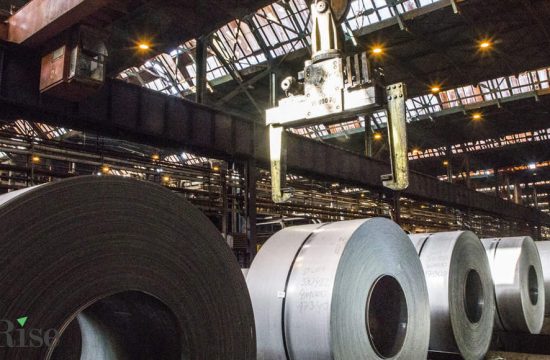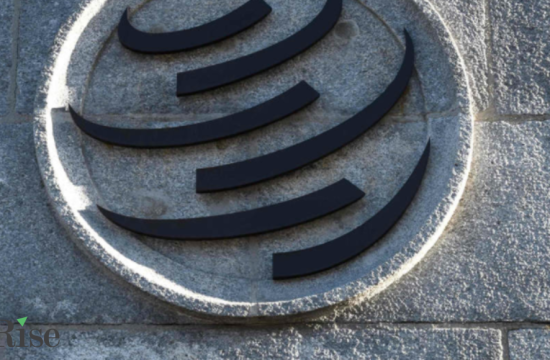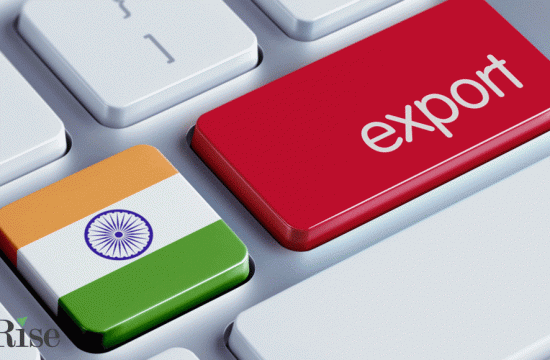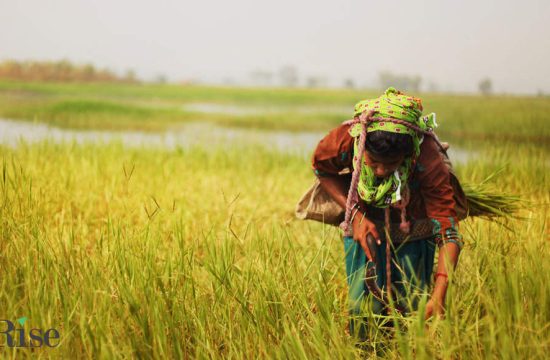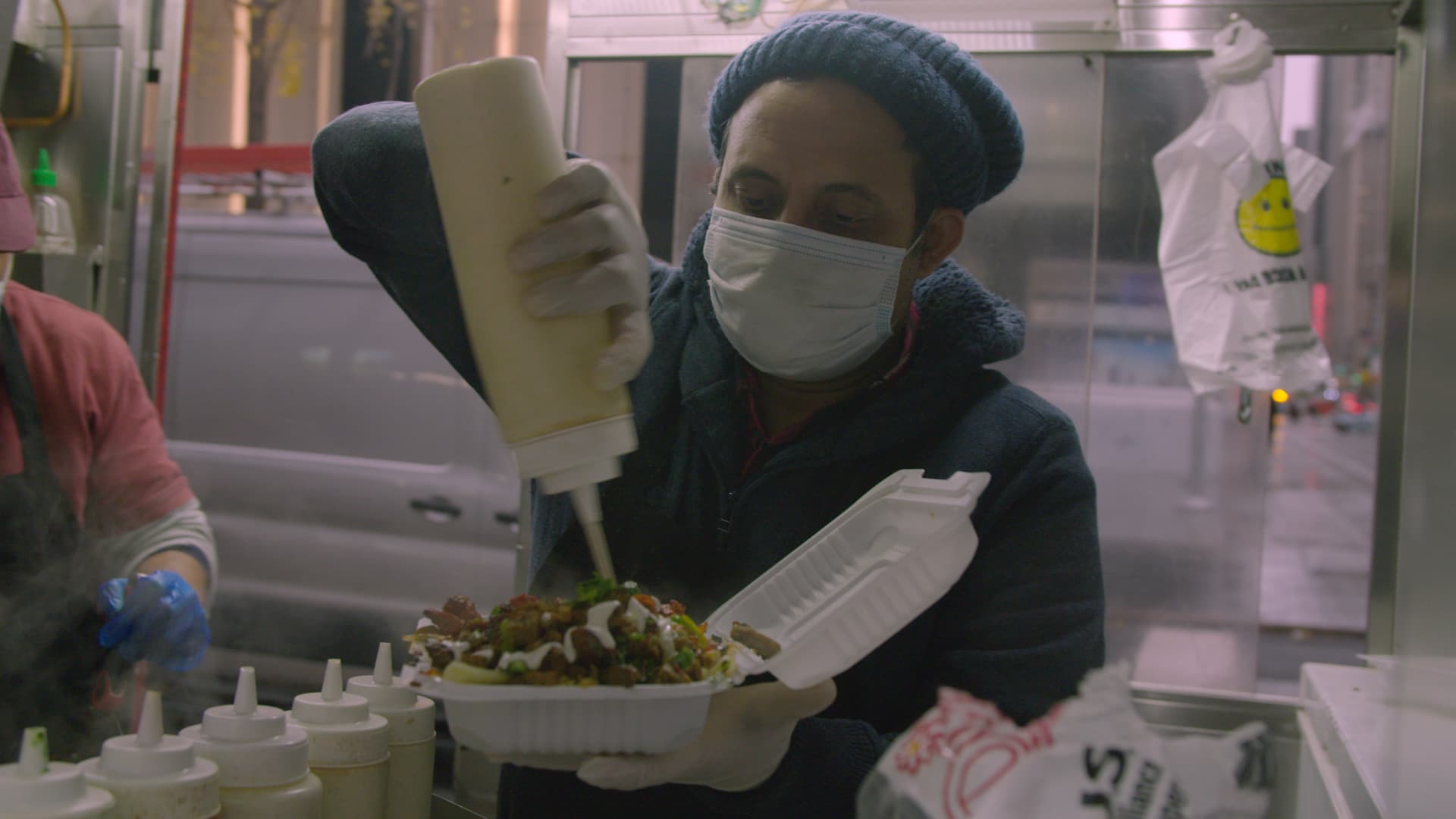
The pandemic has battered small businesses in New York City, and among those struggling are nearly 20,000 street vendors that have lost 70% to 90% of their earnings, according to a survey conducted in June and September.
With these small businesses that are such a vital part of New York City barely surviving, Morgan Stanley and the Robin Hood foundation have partnered with the Street Vendor Project (SVP) at the Urban Justice Center (all headquartered in New York) to distribute millions of dollars to thousands of local vendors.
Street vendors, selling food, coffee and merchandise across the five boroughs, “in many ways have come to define New York City,” Raj Borsellino, program officer at Robin Hood, a charitable organization helping New Yorkers out of poverty, tells CNBC Make It.
“They’re folks we recognize. They’re folks we’ve come to know and really depend on to get through our days, to give New York City this vibe that it has.”
Although the $ 2.2 trillion Coronavirus Aid, Relief, and Economic Security, or CARES, Act passed in March, with assistance dispersed for small businesses through the Paycheck Protection Program (PPP), “a lot of street vendors did not qualify for that, partially because of immigration status or other reasons,” says Borsellino.
“These vendors live day by day,” says Mohamed Attia, director of the SVP at the Urban Justice Center.
And many of the street vendors — who are disproportionately immigrants, Black, Latino, and in some cases, undocumented, according to Borsellino — are also among those “most deeply affected by Covid.” Borsellino notes that one in four street vendors either had Covid-19 themselves or had a close family member who did.
Because of the role street food vendors play in the daily lives of the community, amid the pandemic, Morgan Stanley employees who work at its headquarters in Manhattan’s Times Square “got concerned about their vendors and the coffee-carts,” says Joan Steinberg, president of the Morgan Stanley Foundation. (Many people who work in the city become regulars with particular vendors.)
So to help, Morgan Stanley, Robin Hood and SVP are providing more than 2,000 New York City vendors with up to $ 1,000 of assistance. Morgan Stanley has committed $ 2 million and Robin Hood has donated an additional $ 375,000 to fund the initiative.
“This entire population is in such deep trouble,” Steinberg says. “This is a personal thing for those who have worked and lived in New York City. These vendors are at every corner. They’re your neighborhood.”
One vendor who received assistance is MD Alam, an immigrant from Bangladesh, who has been a New York City street vendor since 2000. He runs his Bangladeshi cuisine food cart business on 44th Street and 6th Avenue with his wife, Hira.
But these days, “it’s like a ghost town” Alam says of Manhattan’s Times Square. “I’ve never seen [this] in my 20 years.”
MD Alam working his Bangladeshi cuisine business in Times Square.
Courtesy of Scott Peterman, LLC
Alam, who, like other street vendors, relies on office workers as customers, says before the pandemic, “business was so great.”
But in March, when scores of offices closed due to stay-at-home orders, his business hit a wall.
“How are we going to sell food? There’s no people. There’s no office people. Offices are closed,” he says. “I was out of business for five months.”
Even now that Alam’s business is open again, many office workers are still working from home. “Not even 10 customers are coming [a day],” he says.
Though Alam had some savings, he also has expenses, like a $ 300-a-day permit fee as well as food, supplies and utilities.
“It’s very hard. We make little money, but whatever you make, it goes to expenses. Nothing goes in your pocket.”
“We have no more savings,” says Alam.
Funding or government assistance “would be very helpful for vendors,” Alam says. “It is very difficult for our family.”
Although the near $ 2.4 million dispersed will help this community, “we’re still searching for a longer term solution here in terms of Covid relief that will extend to all populations across the city,” Borsellino says.
“Most of these street vendors are immigrants who came to the U.S. in search of a better life for themselves and for their families. A lot of them really embody what we’ve come to know as the ‘American dream,'” he says.
And “while a lot of us had the luxury of working remotely when the pandemic hit,…they were still out trying to make a living. They have worked extremely hard, day in and day out, and have done so, oftentimes, at an enormous risk for themselves,” says Borsellino.
Steinberg hopes for more assistance to come for street vendors.
“We’re going to have to help them in the short-term to get them to the longer-term,” she says. “We need to think about creating equitable recoveries so that everyone can recover. We don’t want to see them lagging as the rest of the economy starts to build up again.”
Don’t miss: Amex Blue Cash Preferred is offering an elevated welcome bonus for a limited time
Check out:


